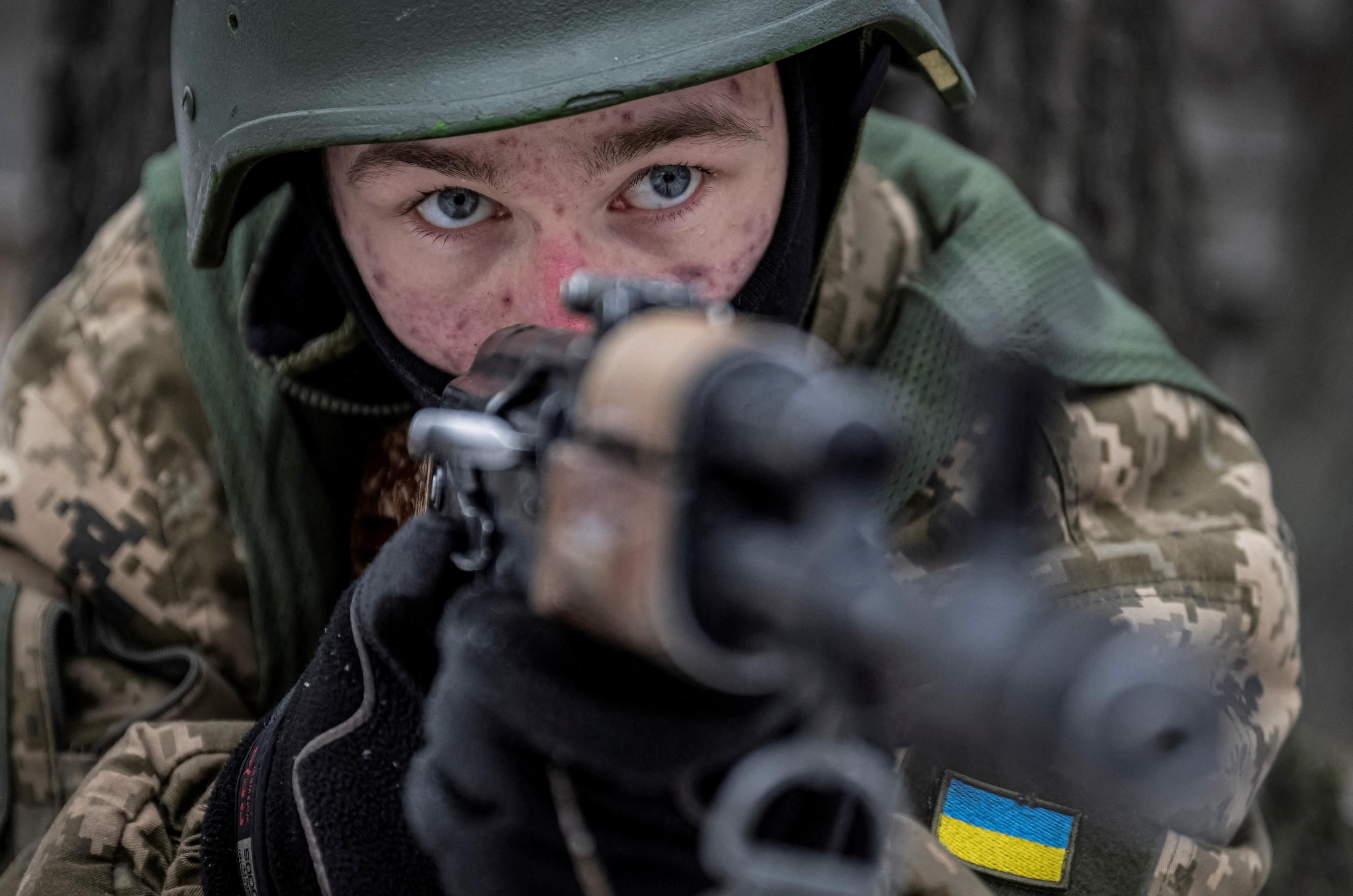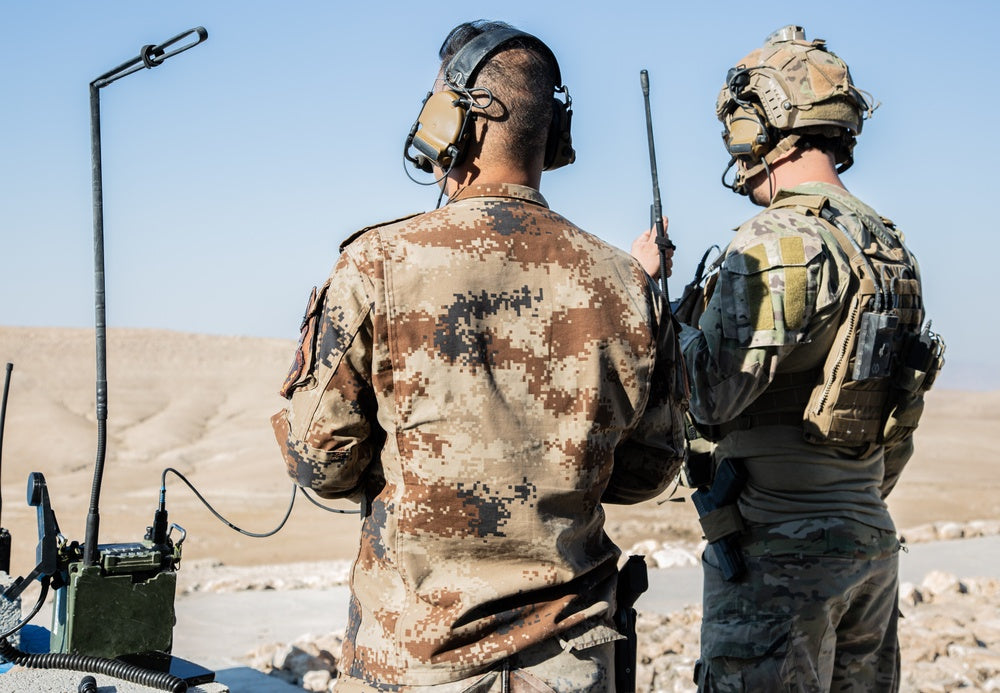
Ukrainian bill intended to draft more soldiers passes first reading
PHOTO CAPTION: A volunteer who aspires to join the 3rd Separate Assault Brigade of the Ukrainian Armed Forces attends basic training, amid Russia's attack on Ukraine, at an undisclosed location in the Kyiv region, Ukraine January 9, 2024. REUTERS/Viacheslav Ratynskyi
(Reuters) - Tighter army mobilisation rules targeting would-be Ukrainian soldiers and proposing asset freezes for those who are trying to dodge the draft came a step closer on Wednesday when parliament passed the first reading of the bill.
As the number of volunteer soldiers falls as the war with Russia edges towards its third year, the bill proposes requiring potential military personnel who are abroad to have up-to-date military registration.
Obtaining such a document would be a prerequisite to receiving consular services.
It also proposes tighter sanctions for draft evasion, including an asset freeze, and envisages online call-ups, something that would make it harder to avoid being conscripted.
If the law is passed at the next stage in parliament, it will lower the age at which people can be mobilised for combat duty to 25 from 27.
Those who have served continuously for 36 months during the war may be discharged, but this will not happen automatically.
Late last year, President Volodymyr Zelenskiy said the military had proposed mobilising 450,000-500,000 more people into the army.
"This is a list of complex but extremely necessary solutions that are designed to make our state stronger in the face of the challenges of a long-term war," the Defence Ministry said following the vote.
It said it would closely cooperate with the parliamentary committee to ensure all the necessary amendments were made by the second reading.
The current version of the bill and a previous one have drawn criticism from some politicians and members of the public who said some provisions violated the constitution and carried corruption risks. The initial draft was rejected by lawmakers and sent back for changes to be made.
Lawmaker Yaroslav Zheleznyak said on Telegram that the bill would most likely pass the final reading in late February, and could enter into effect in April.
(Reporting by Yuliia Dysa; Editing by Kevin Liffey and Alison Williams)









